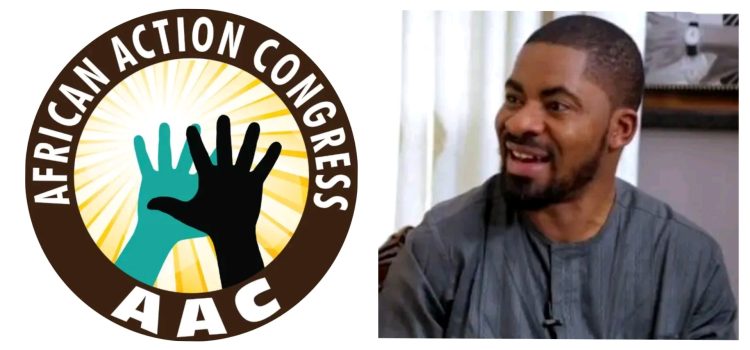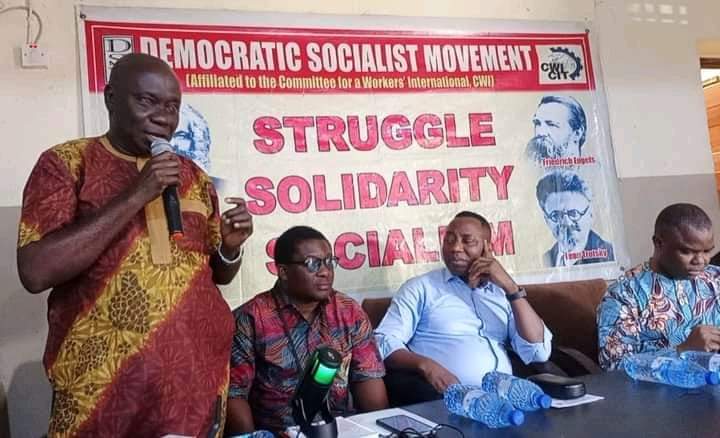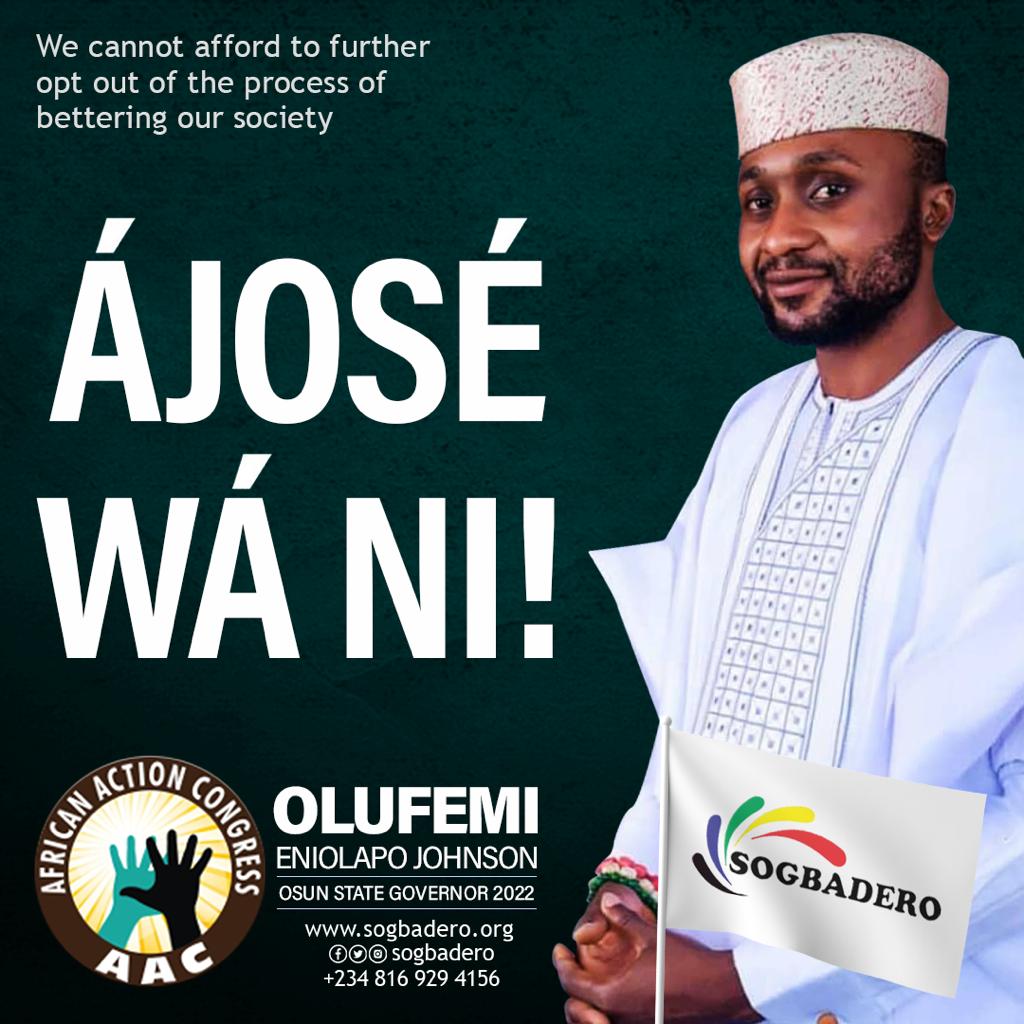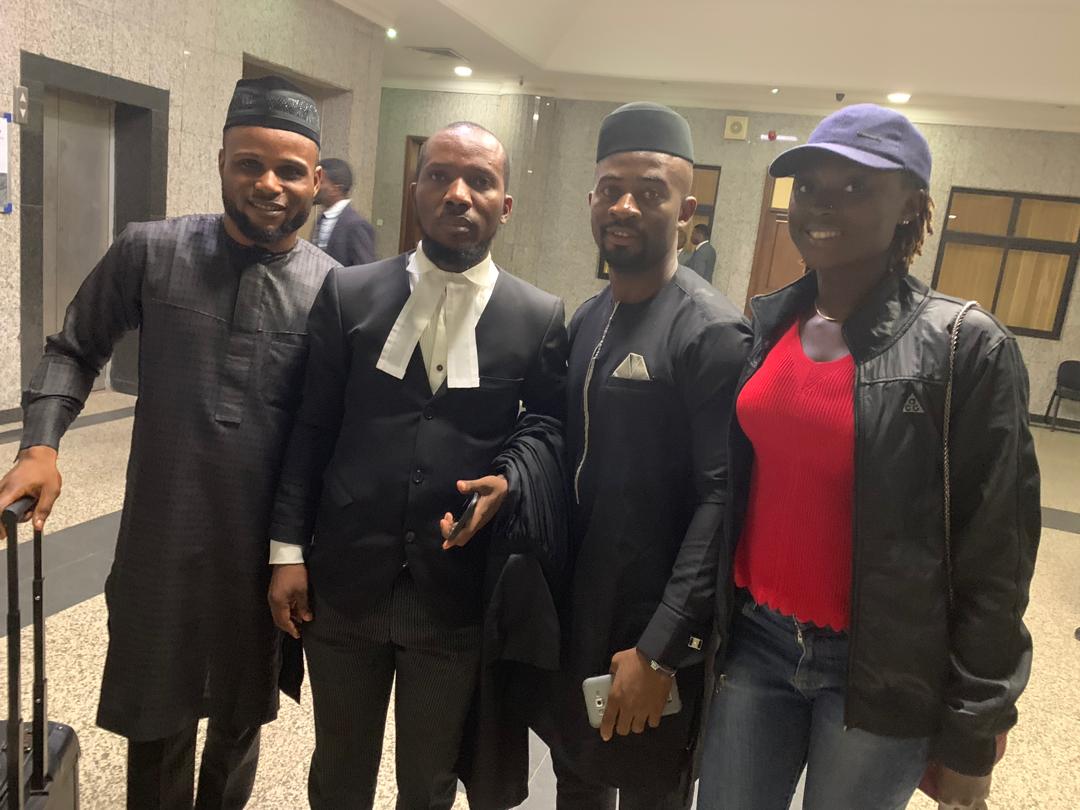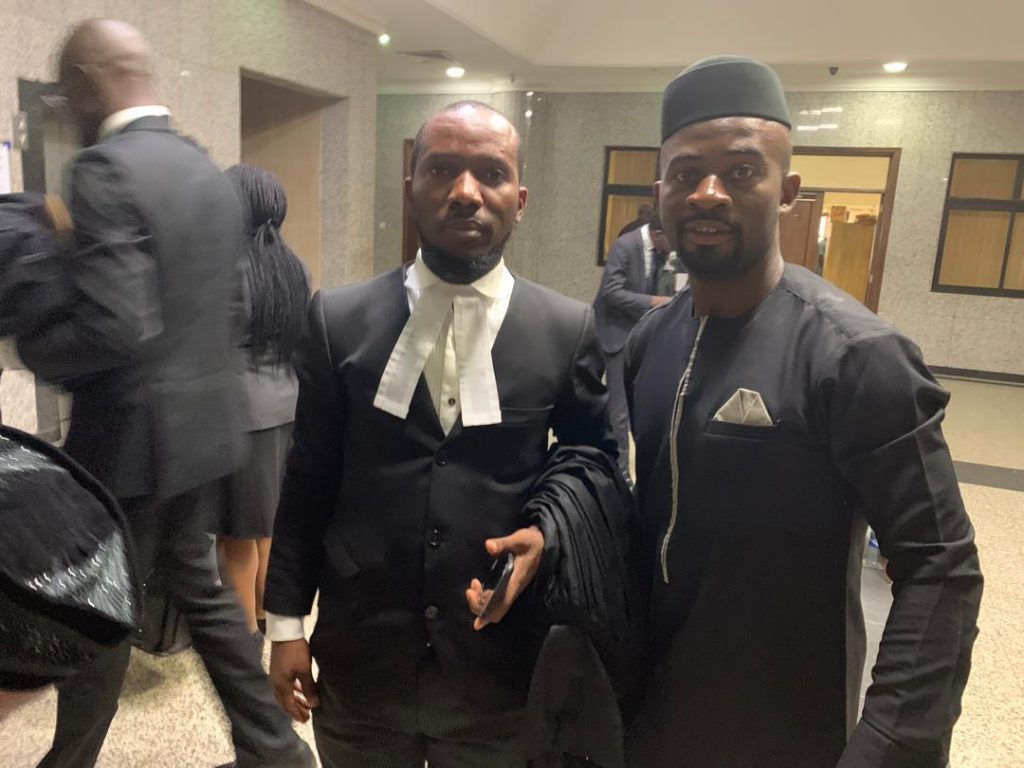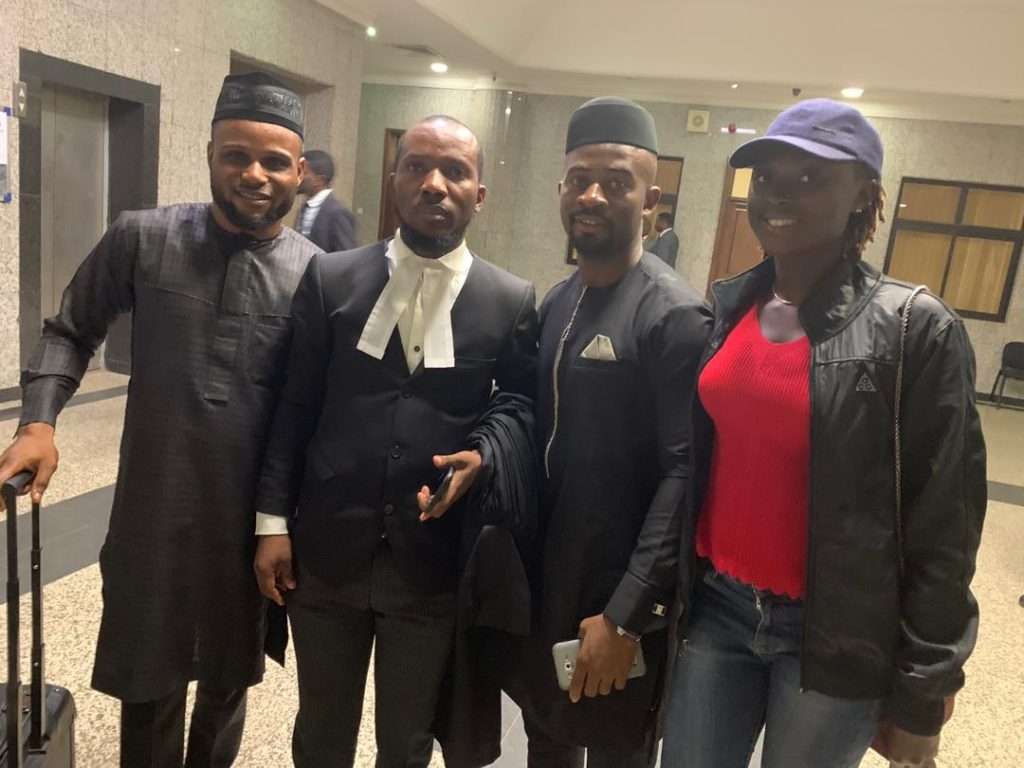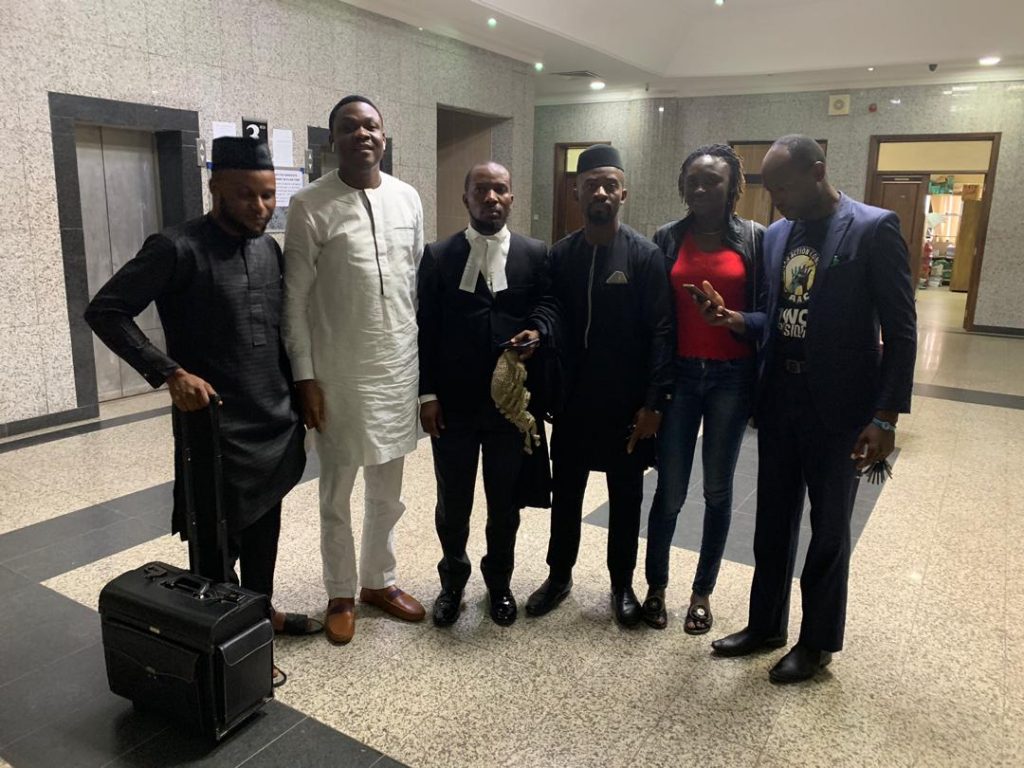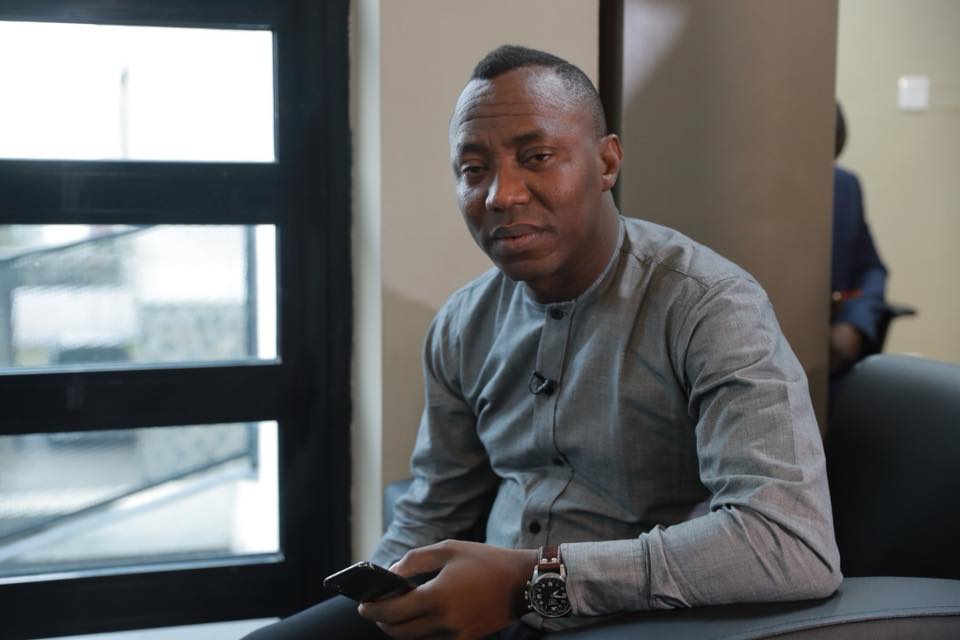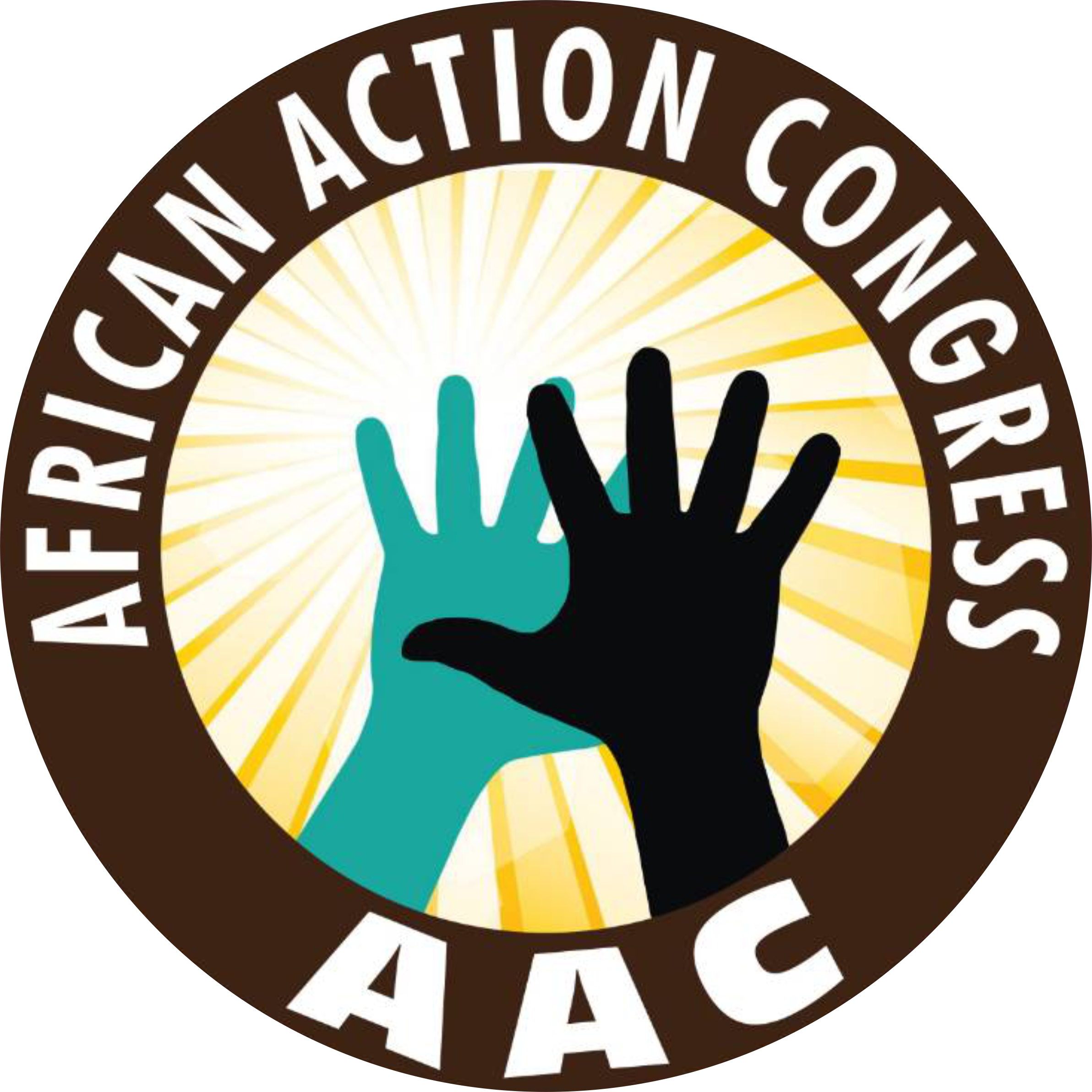“Opposition is not being in another ‘shop’ with a different brand name. It’s about having opposing ideology and different policy direction,” he explained. “This was why APC after being ‘opposition’ came to power and continued what Jonathan was doing, in fact made it worse. There was no opposing idea.”
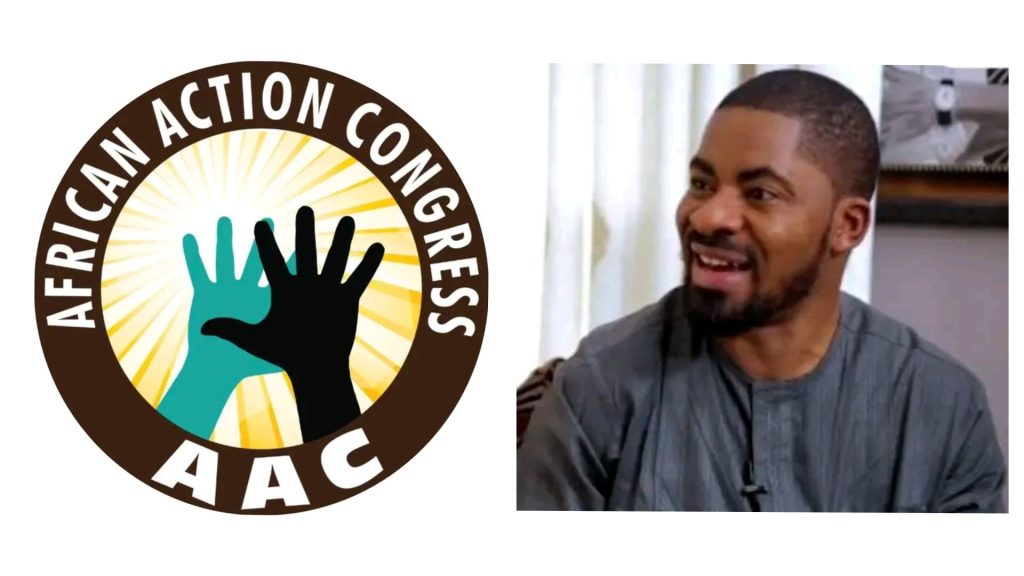
A debate over the nature and authenticity of political opposition in Nigeria has been reignited following comments made by human rights lawyer Deji Adeyanju and a firm rebuttal by the Publicity Secretary of the African Action Congress (AAC), Adeyeye Olorunfemi.
Deji Adeyanju had earlier taken to social media to comment on what he perceived as ongoing friction between Omoyele Sowore, former presidential candidate of the African Action Congress (AAC), and Peter Obi, former presidential candidate of the Labour Party.
Adeyanju lamented that “opposition should not be fighting opposition,” suggesting that a reconciliation should be brokered between the two figures. “I have tried to talk to Baba Sho [Sowore] in the past, but he said they are all thieves and that he cannot work with them,” Adeyanju stated, adding that “someone should be able to bring them to the table.”
In a detailed response, Adeyeye Olorunfemi questioned the very premise of Adeyanju’s statement, challenging what he described as a shallow understanding of the term “opposition.”
According to Olorunfemi, being in a different political party does not inherently make a politician an opposition figure. Rather, he argued, opposition must be defined by fundamentally different ideologies and policy directions.
“What exactly do you mean? Who are the ones in opposition?” Olorunfemi queried, noting that several high-profile politicians, including Peter Obi, Atiku Abubakar, and even Nasir El-Rufai, share the same policy stances as the ruling administration on critical issues.
He cited Obi’s support for the controversial naira redesign policy under former President Buhari, his alignment with President Tinubu on fuel subsidy removal, naira devaluation, defunding of social services, and privatization of national assets. Olorunfemi contended that these policy positions reveal a lack of ideological difference and undermine any claims of true opposition.
“Opposition is not being in another ‘shop’ with a different brand name. It’s about having opposing ideology and different policy direction,” he explained. “This was why APC after being ‘opposition’ came to power and continued what Jonathan was doing, in fact made it worse. There was no opposing idea.”
Reaffirming AAC’s stance, Olorunfemi emphasized that his party offers a clear and principled alternative to the ruling regime, advocating for social justice, public ownership of critical assets, and robust anti-corruption mechanisms.
The AAC spokesperson ended with a caution: “So please, when you use the word ‘opposition’, be guided.”
